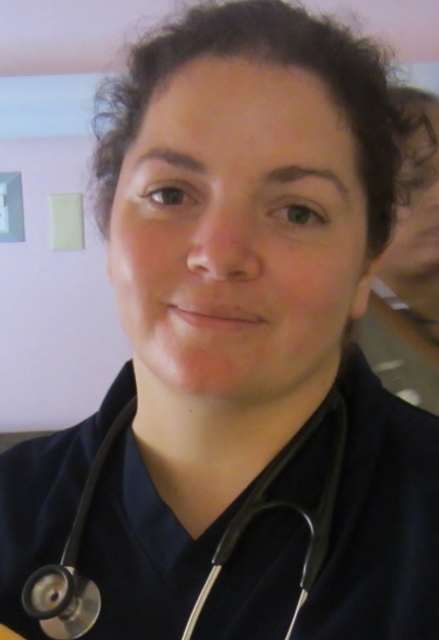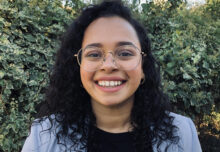1. What makes you keep coming to do more sessions?
I love meeting the participants and the other volunteers. I also enjoy putting my training and experience to use out in the community
2. Why do you think the work of The Water Well Project is important?
The Water Well sessions provide excellent health education in an interactive, non-threatening manner which helps participants make more informed decisions about their own health. However, I think the most important aspect of the Project is the interaction between the volunteers and the community. The volunteers get to interact with the amazing refugee and migrant community while the community participants are given the respect and the welcome that they deserve.
3. Do you think volunteering with The Water Well Project helps your daily work?
Absolutely, the experience I have gained with the Water Well Project has improved my communication and patient education skills. Perhaps more importantly, it has given me a greater understanding of the challenges faced by refugee and migrant groups.
4. What you learnt from volunteering with The Water Well Project?
I can't begin to quantify what I have learnt from my involvement with the Project. I have learnt something from every single session I have been involved in. I have learnt about the complex and difficult system that refugees and asylum seekers must navigate in Australia. I have heard some great tips on healthy eating from volunteers and participants alike. I have learnt about the amazing resources and community programs that are available. I have gained the confidence to stand up in front of a group of strangers when you are never quite sure where they are going to take the topic and what questions they will ask. Most of all, I have learnt about myself
5. What are your tips for volunteers who "feel" that their session isn't going as expected?
Sessions rarely go as expected, don't be too hard on yourself. Try to establish what is bothering you about how the session is going and what you can do about it. If participants aren't engaged try to make the session more interactive, play a game or give them a task/question to work on. Check the level of understanding, sometimes poor engagement is because the information is too basic or too difficult. Use pictures or models where available. If group dynamics are a problem consider splitting the group up. Keep what you are trying to do simple, think about three main points that you want to get across and make these your take home messages. If you think a session didn't go well, provide feedback to the committee, this is particularly useful if the group is having several sessions. Feedback from one session helps to make the next one run more smoothly





